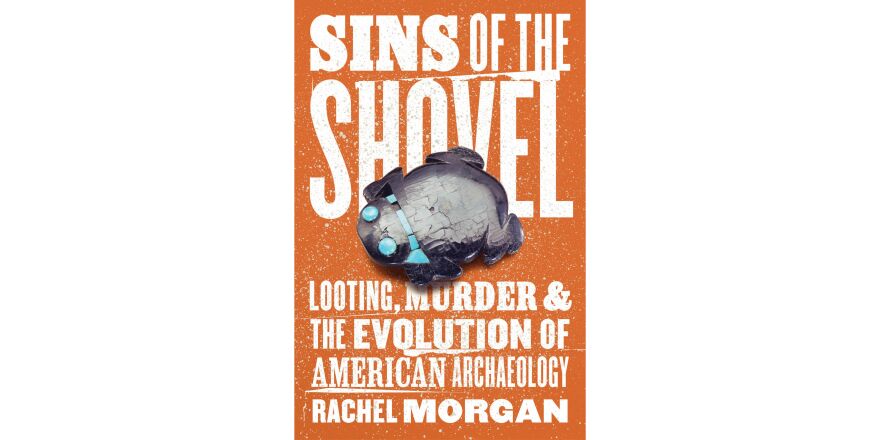“Sins of the Shovel: Looting, Murder, and the Evolution of American Archaeology,” a new book by archaeologist Rachel Morgan, opens with two brothers-in-law, named Richard Wetherill and Charlie Mason, out on horseback
"They were 19th century cowboys and ranchers and they were riding in the snow in Colorado and they came across a cliff dwelling, one of the larger cliff dwellings in Mesa Verde called Cliff Palace," Morgan said.
They had discovered the collection of towers and chambers built into a cliff face where Ancient Puebloan people lived 800 years ago.
Morgan said they found many artifacts and human remains. Eventually many of those items were sold: to museums, the state, businesses and collectors.
Her book tells the story of how 19th century adventurers explored the archaeology of the Southwest. It documents the growth in interest in the region, and the impact of early archaeologists on ancient sites.
They discovered and sold countless artifacts and human remains, cashing in on a new fascination with the region but in the process devastating and desecrating ancient sites.
"If you look at sites like Chaco Canyon, they found hundreds and hundreds of ceramic vessels and turquoise objects and individuals as well. And most of the time, these people and these artifacts ended up on museum shelves," Morgan said.
Because of the efforts to make amends for what was done in the past, Morgan says many human remains have now been repatriated back to their communities. Now, she says the discipline of archaeology - which didn't even really exist then - is moving in a more positive direction.
"Today, archaeology considers collaboration with affected communities to be the bedrock of the discipline," she said.
The book documents the downfall and murder of Richard Wetherill, but also the beginning of federal protections of ancient sites and laws to facilitate the repatriation of those stolen human remains.



